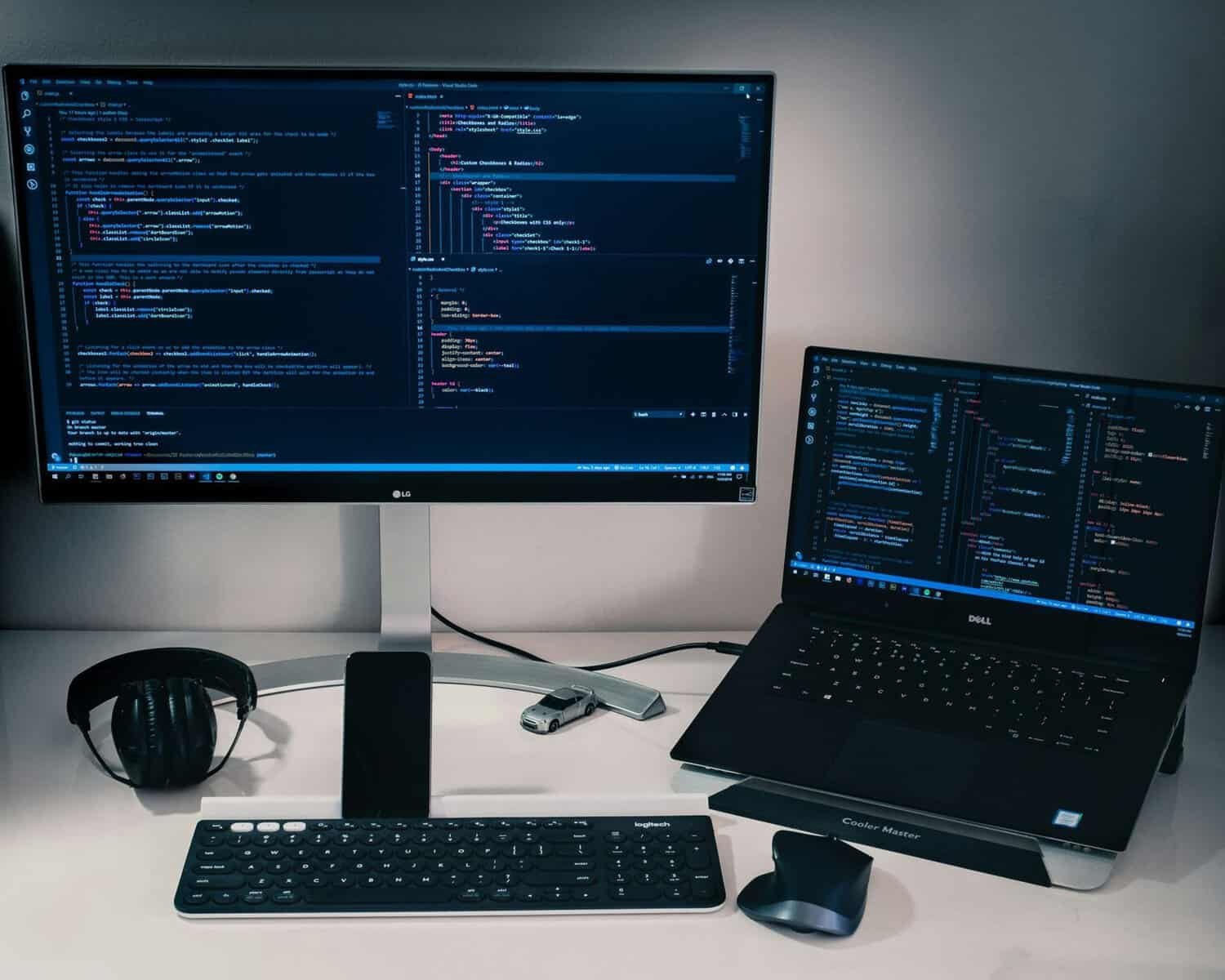Have you ever wondered what it takes to become a freelance game developer in the world of interactive entertainment? In a rapidly evolving digital age, the gaming industry has become one of the most dynamic and vibrant fields of creative endeavor. As someone interested in diving into this exhilarating world, you’ll embark on a journey that not only utilizes your technical skills but also your creative instincts.
Understanding the Role of a Freelance Game Developer
The world of freelancing offers unique opportunities and challenges, especially in the interactive entertainment sector. As a freelance game developer, you have the freedom to choose projects that you are passionate about, set your own schedule, and bring your unique vision to life without the constraints of traditional employment. However, it’s important to truly understand what the role entails to harness these benefits effectively.
What Do Freelance Game Developers Do?
At its core, game development is about bringing concepts to life through programming, design, and storytelling. As a freelance game developer, you’ll be responsible for creating these interactive experiences. This can involve working on anything from the core mechanics of a game, such as physics and AI, to the finer details like character development and user interfaces.
Skills You Need
To excel as a freelance game developer, you’ll need a well-rounded set of skills. Proficiency in programming languages like C++, C#, or Python is often required. In addition to technical skills, being adept at using game development platforms such as Unity or Unreal Engine is crucial. Moreover, your creativity and problem-solving skills will be your greatest assets, allowing you to design engaging narratives and immersive gameplay.
Navigating the Interactive Entertainment Industry
The gaming industry is a vast and ever-expanding domain. From mobile apps to AAA titles, the scope is massive. As a freelance game developer, understanding the facets of the industry you wish to specialize in can be particularly beneficial.
Types of Games
There are several genres of games, each requiring a different approach. Here, we break them down to help you identify where your interest might lie:
| Genre | Description |
|---|---|
| Action | Fast-paced games that require quick reflexes. |
| Adventure | Focus on storytelling and exploration. |
| Role-Playing | Players assume the roles of characters in a fictional setting. |
| Simulation | Imitate real-world activities like flying planes or building cities. |
| Strategy | Games that require planning and skillful thinking. |
| Puzzle | Focused on problem-solving skills and logic. |
| Sports | Simulate traditional sporting activities. |
Each genre has its quirks and requires unique development strategies. Understanding these nuances ensures that you can effectively tailor your skills to align with the specific demands of your chosen niche.

Building a Portfolio That Stands Out
In the freelancing world, your portfolio is your greatest marketing tool. It serves as a showcase of your skills, creativity, and experience, proving your capabilities to potential clients.
What to Include in Your Portfolio
A strong portfolio should include:
- Games You’ve Developed: Showcase complete games or prototypes that highlight your range and specialization.
- Documentation: Provide a written breakdown of what you were responsible for in each project.
- Technical Skills Demonstrated: Highlight programming languages used, engines, and any unique features you implemented.
- Your Creative Process: Share insights into how you approach game design, from initial concept to final execution.
The idea is to provide potential clients with a holistic view of what you can offer, thus increasing your chances of securing projects.
Finding and Securing Projects
Once your portfolio is polished, the next step is finding projects that align with your skills and interests. Networking and persistence play crucial roles here.
Where to Find Freelance Game Development Jobs
Here are a few platforms and strategies to consider:
- Online Job Boards: Websites like Upwork, Freelancer, and GitHub Jobs offer numerous opportunities.
- Game Developer Communities: Engaging with communities on Reddit, Discord, or specialized forums can open doors to collaborative projects.
- Fairs and Conferences: Attending industry events can connect you with potential clients and collaborators, offering insights into upcoming trends and demands.
Crafting a longer-term strategy involves staying informed about industry trends and building a network of contacts in the industry.

Setting Your Rates and Managing Finances
One of the most challenging aspects of freelancing is determining how to set your rates and manage your business finances. It requires a balance between competitiveness and self-valuation.
How to Set Your Rates
Your rate should reflect:
- Your Skill Level and Experience: More seasoned developers can command higher rates.
- Project Scope and Complexity: Complex projects may require higher compensation.
- Market Standards: Understanding industry standards ensures your rates are competitive.
Conducting thorough market research and continually reassessing your rates as your skills grow is essential for financial success.
Managing Your Finances
Efficient financial management includes:
- Tracking Your Income and Expenses: Use software tools or services like QuickBooks for accurate bookkeeping.
- Setting Aside Funds for Taxes: Freelancers are responsible for their taxes, so planning ahead is crucial.
- Budgeting for Dry Spells: Set aside savings to manage periods when projects are scarce.
A solid financial foundation can alleviate stress and allow you to focus more on the creative aspects of your work.
Balancing Creativity and Technical Mastery
An essential part of being a successful freelance game developer is balancing the technical skills demanded by the job with the creativity that sets games apart.
The Balance Between Art and Code
Game development is a unique blend of art and technology. You must be comfortable leveraging your coding skills to support creative concepts. This balance can be achieved by:
- Collaborative Mindset: Encouraging input from designers, writers, and other professionals.
- Continuous Learning: Staying up-to-date with new technologies that might offer creative solutions.
This balance not only enhances the appeal of the game but can also streamline the development process.

Achieving Long-term Success in Freelancing
Freelancing is not just about the projects you work on today, but the career you build over time. Setting goals and being adaptable to changes in the industry will enable sustained success.
Establishing Your Brand
As a freelancer, you’re not just a game developer; you’re a brand. Developing a recognizable personal brand involves:
- Consistent Quality: Delivering high-quality work consistently.
- Professionalism: Communication and reliability are key traits.
- Online Presence: Maintaining active profiles on professional networks and updating your portfolio regularly.
Adapting to Industry Trends
The gaming industry is ever-evolving, so staying ahead involves:
- Constant Learning: Engaging in workshops, courses, and webinars can keep your skills sharp.
- Experimentation: Trying out new techniques or tools can innovate your game development approach.
Being open to adapting and evolving will keep you relevant and competitive in the freelance market.
In the world of interactive entertainment, the journey of a freelance game developer is filled with opportunities to create, innovate, and grow. By understanding your role, building a solid portfolio, finding the right projects, and managing your finances, you can carve out a niche for yourself in this vibrant industry. Balancing your technical skills with creativity and staying connected to the industry’s pulse will ensure not only your survival but your flourishing as a freelance game developer. As you embark on this path, remember that the world of gaming thrives on passion and innovation—two traits that will certainly serve you well.
